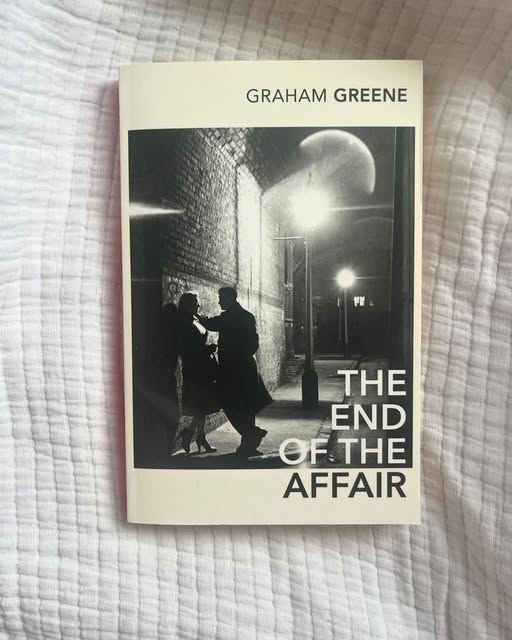The End of the Affair by Graham Greene is a poignant novel published in 1951 that explores themes of love, jealousy, and faith against the backdrop of London during and after World War II. The story is narrated by Maurice Bendrix, a writer who reflects on his passionate affair with Sarah Miles, the wife of a civil servant.
The novel delves into the complexities of their relationship, marked by intense emotions and moral dilemmas. Bendrix’s obsession with Sarah leads him to question the nature of love and the impact of jealousy. After their affair abruptly ends, he becomes consumed with the desire to understand why Sarah chose to end it, leading him to confront his own feelings and insecurities.
A significant aspect of the narrative is Sarah’s struggle with her faith and the influence of religion on her choices. Greene, who had a strong Roman Catholic background, weaves religious themes throughout the story, examining how faith can complicate personal relationships and individual desires.
The End of the Affair is notable for its exploration of the intersection between love and spirituality, as well as the emotional turmoil that arises from human connections. Greene’s writing is characterized by its psychological depth and lyrical prose, making this novel a profound reflection on the nature of love, loss, and the search for meaning in a chaotic world.


